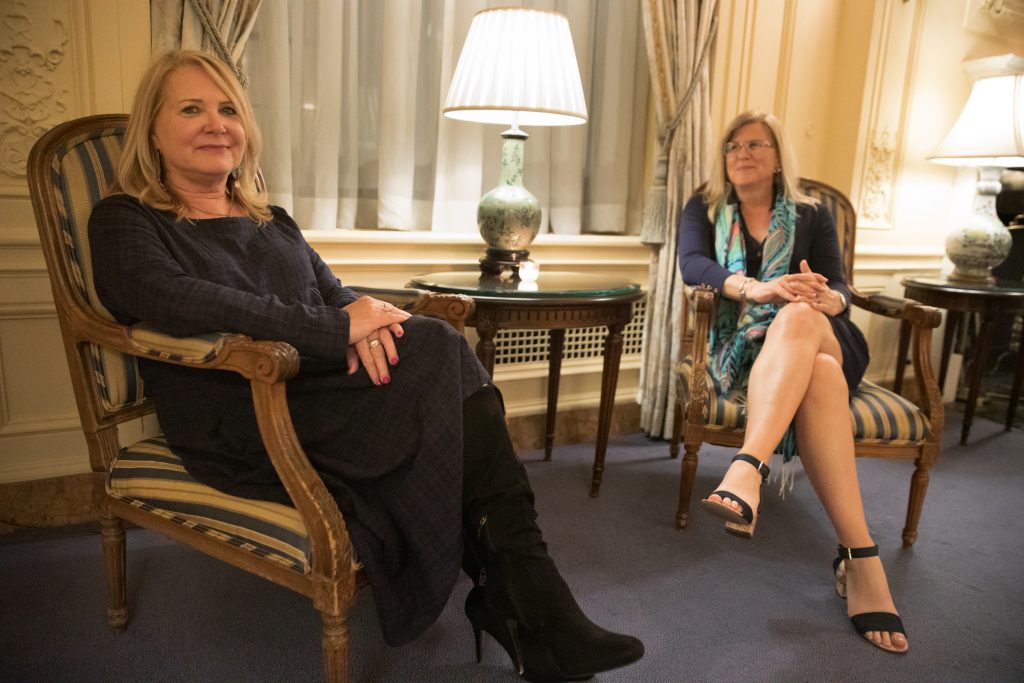
Here you had a man who had abused hundreds of girls and basically gotten away with a slap on the wrist. I had to convince these girls that I was going to tell that story.
Julie K. Brown
Respecting Victims’ Privacy
Julie K. Brown and Emily Michot of the Miami Herald led a three-part series investigating Jeffrey Epstein, a wealthy hedge fund manager who struck a deal with U.S. prosecutor Alexander Acosta to bury his crimes of sexually abusing and trafficking dozens of underage girls.
The Herald identified roughly 80 women, all of whom say they were molested or sexually abused by Epstein between 2001 and 2006. The Herald located 60 of them and eight agreed to be interviewed, on or off the record. Four were willing to speak on video.
A few women did not survive between the end of the five-year period and the beginning of the investigation, falling victim to suicide or overdose. Many more struggled with the trauma inflicted on them.
In addition to Epstein’s crimes, the series also uncovers numerous failings of the legal system, from under-the-table plea deals to quid pro quo offers in exchange for leniency, all of which contributed to Epstein’s ability to go without punishment for so long.
Questions
Q1: What role does individual privacy play in reporting? Is a subject’s privacy a right or a privilege?
Q2: Does a journalist have an obligation to get a source to speak on the record? What if the source’s information could help others find justice?
Q3: Why do journalists often share photos and details of the offender in a criminal situation?
Q4: When reporting on sensitive political matters, journalists will often attribute information to a “trusted inside source.” Is this form of privacy ethically different from the privacy given to victims?
